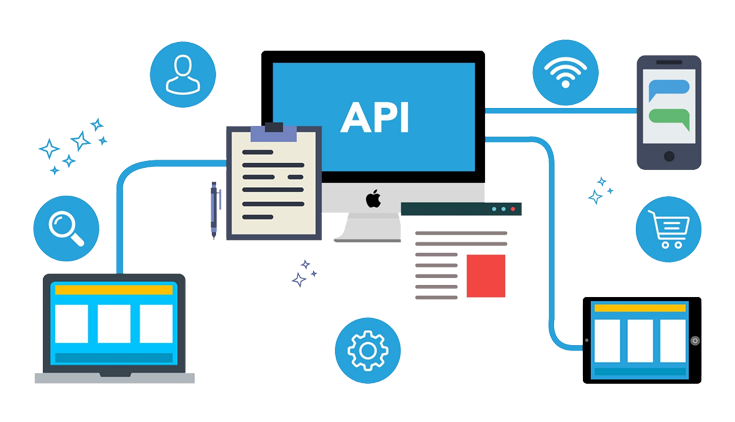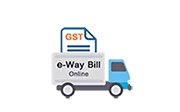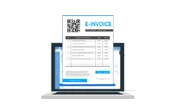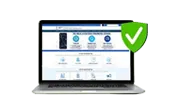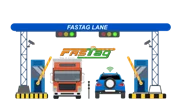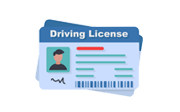3rd Party Integration with NWAY TLMS Software
Manage all your 3rd party apps
Integration is the process by which ERP software communicates and interacts with external applications and data sources. This software integrates with WMS, TMS, CRM, etc. systems to provide end-to-end visibility into the logistics chain and real-time data exchange Due to its enhanced functionality, which enables collaboration work, enabling processes and facilitating the exchange of information, organizations can optimize the performance of their supply chains and make educated decisions Flexibility in the mix allows for logistics management software and systems combine happily together, resulting in streamlined and efficient logistics operations.
